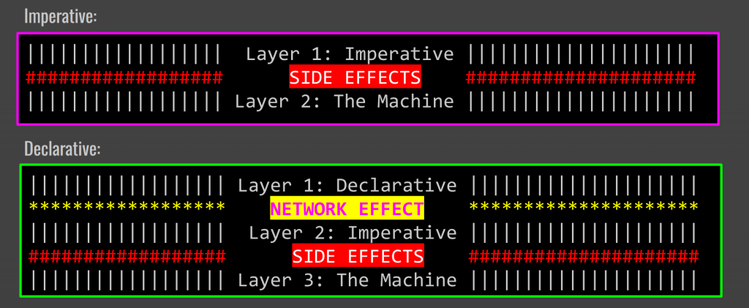Declarative programming for Digital Preservationists @ NTTW8
by @beet_keeper
Just released on the No Time to Wait (NTTW) YouTube channel is my presentation from NTTW8 in Karlsruhe, Germany. (Slides also available here).
The presentation follows up on my proposal for iPRES 2024 and allowed me to present parts of what was, in the end, a pretty significant paper (in terms of word count).
Some of my reflections on the presentation are below.
Continue reading “Declarative programming for Digital Preservationists @ NTTW8”…
#Code #Coding #Conferences #declarative #declarativeLanguages #declarativeProgramming #jsonid #KVAL #kvalAccessLanguage #NoTimeToWait #NTTW #NTTW8 #NTTW9 #Programming #programmingParadigms #software #SoftwareDevelopment #talks
